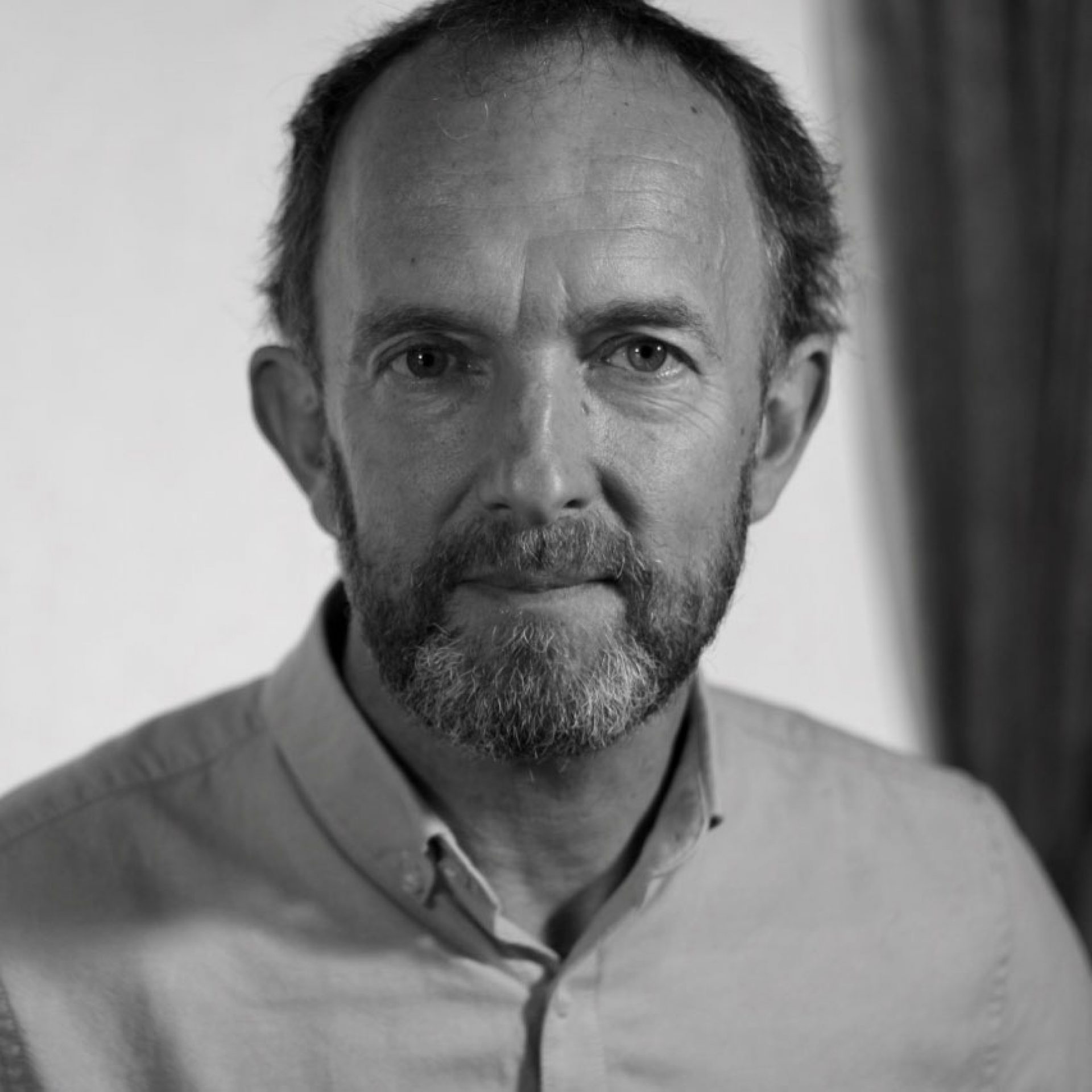Introduction: Dr Alister Scott is all about making big change happen. He has dedicated his career to this pursuit. He is the Co-founder of The One Leadership Project with his colleague Neil Scotton. The One Leadership Project is a strategy and leadership firm that supports those making big change happen. Alister and Neil have co-authored a book called The Little Book of Making Big Change Happen. Alister is also Co-founder and Director of the Knowledge Bridge LTD and Chair of the Cuckmeres Community Solar Project. Alister is a certified Coach and holds a doctorate in Science and Technology.
Podcast Episode Summary
This episode explores the impetus for Alister’s latest project, a passion to bring Compassion Practices to the world. His website Compassion Practices hosts 6 compassion practices and protocols for practicing compassion that anyone can download. In this episode we explore the meaning of compassion the principles that underpin the exercise of compassion practices and the impact of these practices on culture in organisations and on teams.
Points made over the episode
- The Pandemic had only just begun and Alister felt compelled to write material to support teams get support in times of enormous stress. He wanted his offerings to be accessible and timely.
- His colleague and friend Andrew Bradley contacted him about his writing to think about combining his work on Compassion with that of others to build out a website www.compassionpractices.net
- The six practices, essentially an ecosystem of practices are pragmatic with dedicated protocols that anyone can follow. The practices are basically informed by the work of Nancy Kline and Alister and Andy along with a few other colleagues have pared down her work to offer six distinct principles
- Essentially if a person equips themselves with the six principles espoused they will not go far wrong in conversation
- Compassion is the ability to be with another as they suffer. It is kindness in action. It is not sympathy. It means you are providing a space for someone to be with their suffering without feeling alone.
- Teams all too easily become task focused and forget to commune or connect with each other.
- Nancy Kline’s work is borne out of decades of research and writing to help people think better. She has written some brilliant books including Time to Think and More time to Think. By applying the principles housed in Nancy’s work people disrupt their habitual communication practices -Listening without interrupting for example when practiced can be transformative for relationship and on teams.
- The principles described on the website include the following;
-Identify the question that matters
-Give each person time to think on their own
-Listen without interruption
-Appreciate from the heart
- Appreciation and cultivating a culture of ERA (encouragement, recognition and appreciation) creates an environment where the experience of work is changed for the better
- In order to practice the receipt of Appreciation you have to employ 3,As Acknowledge that the giver & what they have shared is true for them too. Allow the appreciation in -especially for those who have been emotionally starved and finally accept it.
- Our ability to be compassionate is often forgotten. Indicators such as Global Poverty, Our Environmental Crisis, War and conflict all point to the lack of compassion. Our inability to feel and that as human beings, being the dominant species of the world, we are experiencing the worst form of extinction since the dinosaurs
- Our practice of shutting down feelings, of indulging adrenaline induced activities, action addiction and our fear of others perspectives all contribute to a narrow vision where we are not able to be kind.
- The Practice involves the following steps
- Involve 2 people a host and facilitator
- 1st Round asking how are you arriving and name one thing that is going well outside of work?
- Name the question that matters such as “how are we doing as a team”
- Everyone prepares first alone and then speaks in a round going from left to right to provide some measure of predictability
- Followed by Thinking pairs (with clear instruction)
- Finally a round where everyone reflects on their latest thinking and feeling on the same question
- The mindset shift needed for teams to employ compassion practices is multifaceted. People need to matter. The idea of expert only where we do not ha`ve time for this sort of soft stuff.
- We live in a society that indulges a conspiracy of silence about grief, failure and feelings that might be labelled as negative.
- Alister shared the story of losing his wife five years ago and how few people, even his close friends could be with his grief.
- The website is being officially launched on the 15th of September 2021 and people are invited to sign up on the website to access the practices and be involved in many facilitated community practices for professionals
Resources shared
- Nancy Kline -Time to Think and More Time to Think
- Francis Weller -The Wild Side of Sorrow



